The London Library and Elizabeth Winkler's female Shakespeare claims
Critics say an event suggesting Shakespeare may have been a woman is 'wildly inappropriate'

A free daily email with the biggest news stories of the day – and the best features from TheWeek.com
You are now subscribed
Your newsletter sign-up was successful
A leading literary institution has been accused of promoting an "anti-intellectual conspiracy theory" with an event exploring claims that Shakespeare may have been a woman.
A debate has "long raged" over whether Britain's greatest playwright wrote all 38 plays attributed to him, with comedy troupe Monty Python once joking that "a 1970s suburban husband and wife team authored several of them", said The Times.
But the London Library, "one of the country's bastions of intellectualism", has triggered a fresh row by giving a platform to a US writer who argues the Bard may have been female, said the paper.
The Week
Escape your echo chamber. Get the facts behind the news, plus analysis from multiple perspectives.

Sign up for The Week's Free Newsletters
From our morning news briefing to a weekly Good News Newsletter, get the best of The Week delivered directly to your inbox.
From our morning news briefing to a weekly Good News Newsletter, get the best of The Week delivered directly to your inbox.
'Hiding' behind Shakespeare's name
The 19th-century literary institution is holding a panel discussion with Elizabeth Winkler, the author of a controversial book titled "Shakespeare Was a Woman and Other Heresies", which "explores who may perhaps have been hiding behind his name".
The event is billed as an exploration of "how the forces of nationalism and empire, religion and mythmaking, gender and class have shaped our admiration for Shakespeare across the centuries".
An advert for the event said that Winkler would discuss who may have been "hiding" behind Shakespeare's name, while also looking at "the larger problem of historical truth – and of how human imperfections (bias, blindness, subjectivity) shape our construction of the past".
Theory is 'baseless'
The event has sparked criticism from some of the London Library's "biggest supporters", said The Telegraph.
A free daily email with the biggest news stories of the day – and the best features from TheWeek.com
Journalist and author Oliver Kamm has written to chairman Simon Goodwin about his concerns over "this great institution's promotion of a baseless and anti-intellectual conspiracy theory".
In his letter, Kamm told Godwin that it was "wildly inappropriate for the library to be hosting such an event and thereby promoting the hoary conspiracy theory that William Shakespeare was an allonym for some concealed author".
Wrinkler put forward her theory in an article for The Atlantic in 2019, suggesting that the "true" author of Shakespeare's plays may have been Emilia Bassano, the daughter of a Venetian court musician and the first published female poet in Renaissance-era England.
But critics have said the scholarship behind the claim is weak, with no evidence to suggest a link to Bassano. Other alternative authorship claims have also been widely debunked.
Shutting down debate 'obviously anti-intellectual'
Speaking to the Daily Mail, Winkler said her book and the London Library discussion were "not suggesting Shakespeare was female".
The book "is about the theories that have been put forward over the centuries", she said. "It does not argue for any one of them in particular." She said that shutting down the debate over the subject was "obviously anti-intellectual".
Kamm has called for the debate to be cancelled, telling The Times that the suggestion that Shakespeare was a woman is not "some harmless caprice". Such theories, he said, "have costs, identifiable in the coarsening of public debate and the atrophy of a culture of critical inquiry".
He said that the London Library "does not promote equivalent nostrums such as anti-vaccine activism, geocentrism or the proposition that the moon landings were faked. I see no reason why it should be pushing Shakespeare denialism."
-
 Local elections 2026: where are they and who is expected to win?
Local elections 2026: where are they and who is expected to win?The Explainer Labour is braced for heavy losses and U-turn on postponing some council elections hasn’t helped the party’s prospects
-
 6 of the world’s most accessible destinations
6 of the world’s most accessible destinationsThe Week Recommends Experience all of Berlin, Singapore and Sydney
-
 How the FCC’s ‘equal time’ rule works
How the FCC’s ‘equal time’ rule worksIn the Spotlight The law is at the heart of the Colbert-CBS conflict
-
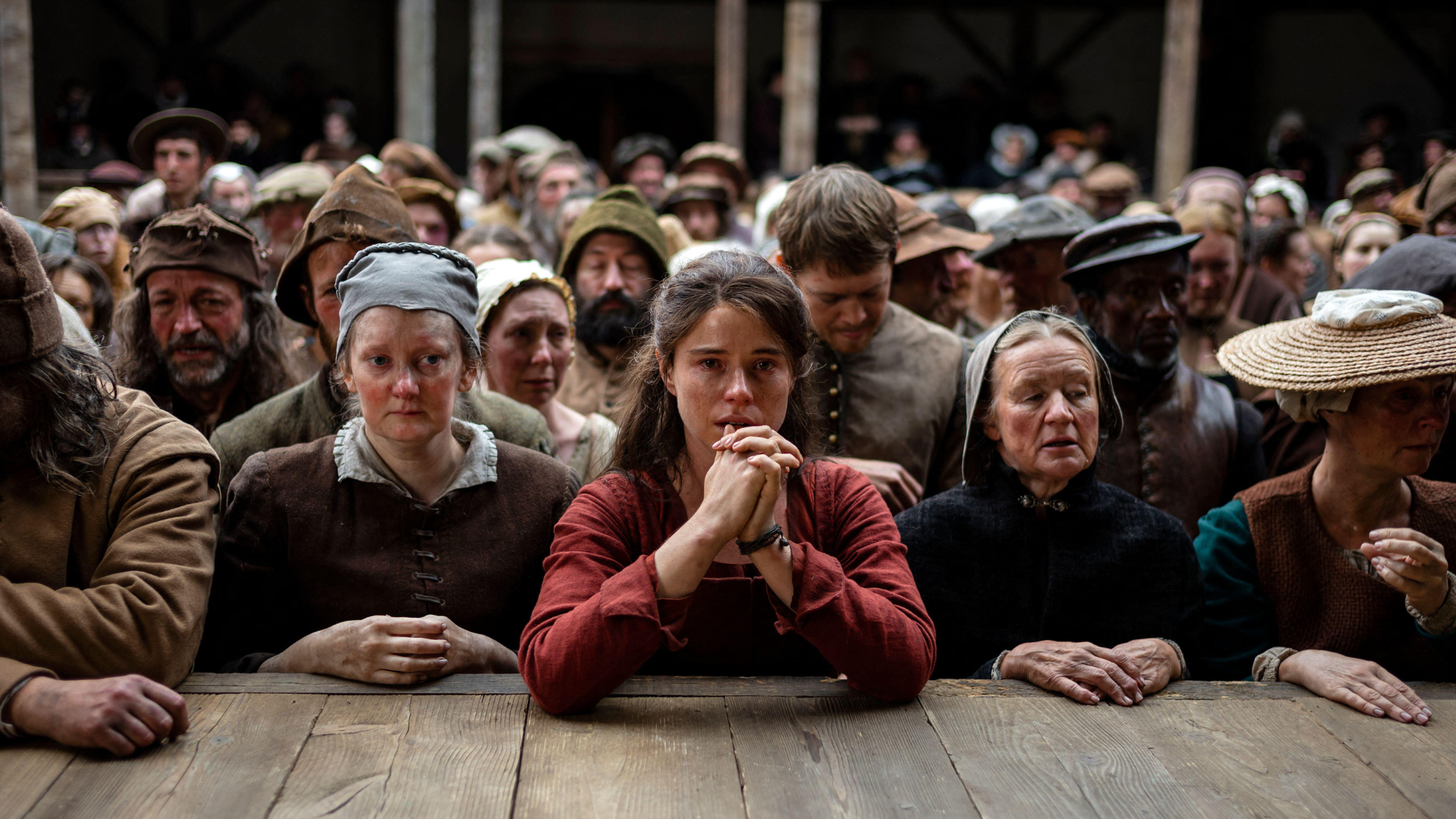 Hamnet: a ‘slick weepie’ released in time for Oscar glory?
Hamnet: a ‘slick weepie’ released in time for Oscar glory?Talking Point Heartbreaking adaptation of Maggie O’Farrell’s bestselling novel has a ‘strangely smooth’ surface
-
 ‘Furious Minds: The Making of the MAGA New Right’ by Laura K. Field and ‘The Dream Factory: London’s First Playhouse and the Making of William Shakespeare’ by Daniel Swift
‘Furious Minds: The Making of the MAGA New Right’ by Laura K. Field and ‘The Dream Factory: London’s First Playhouse and the Making of William Shakespeare’ by Daniel SwiftFeature An insider’s POV on the GOP and the untold story of Shakespeare’s first theater
-
 The real tragedy that inspired ‘Hamlet,’ the life of a pingpong prodigy and the third ‘Avatar’ adventure in December movies
The real tragedy that inspired ‘Hamlet,’ the life of a pingpong prodigy and the third ‘Avatar’ adventure in December moviesThe Week Recommends This month’s new releases include ‘Hamnet,’ ‘Marty Supreme’ and ‘Avatar: Fire and Ash’
-
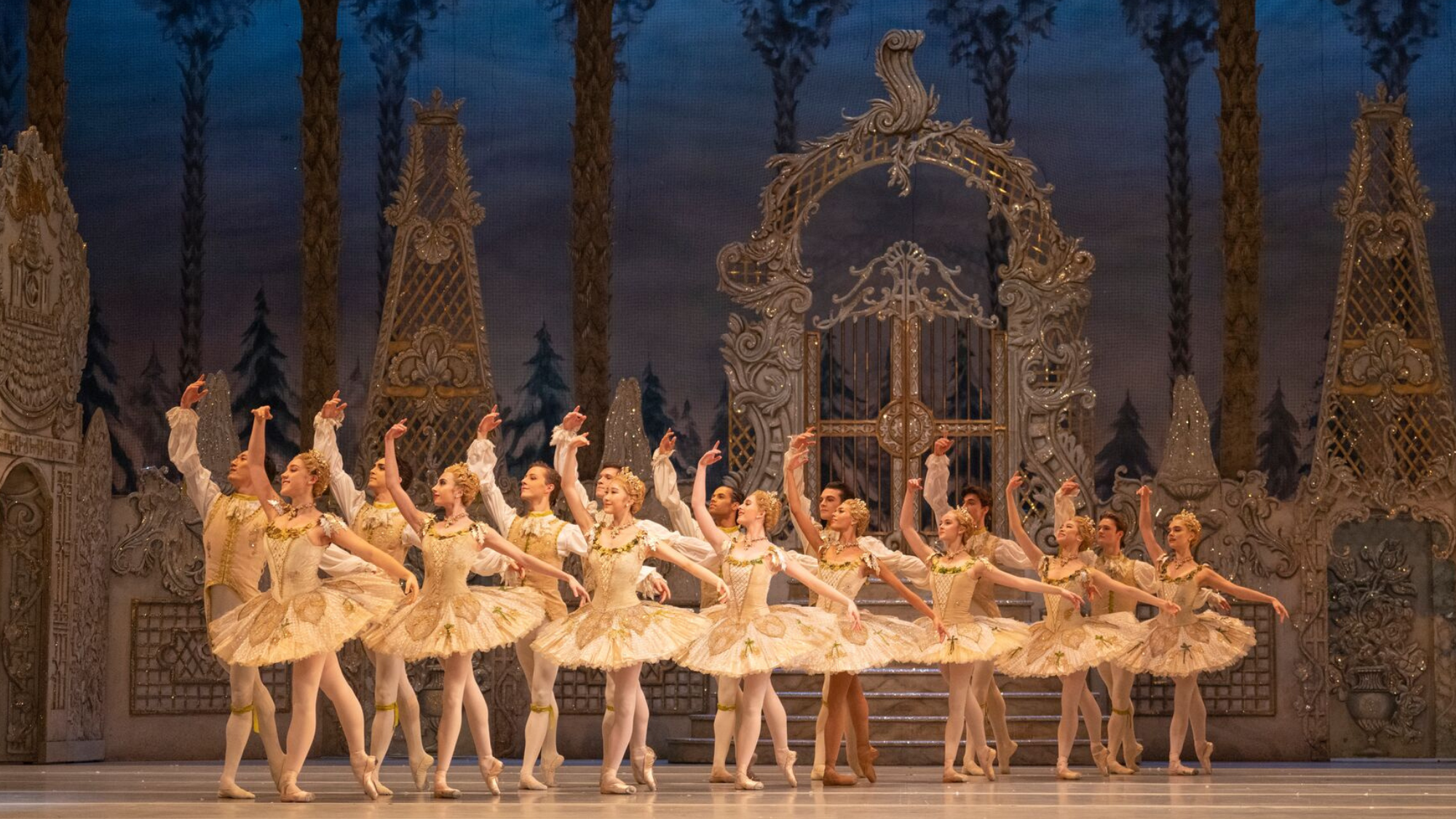 The best Christmas theatre shows across the UK
The best Christmas theatre shows across the UKThe Week Recommends Tip-top festive ballets, plays and comedies to book up now
-
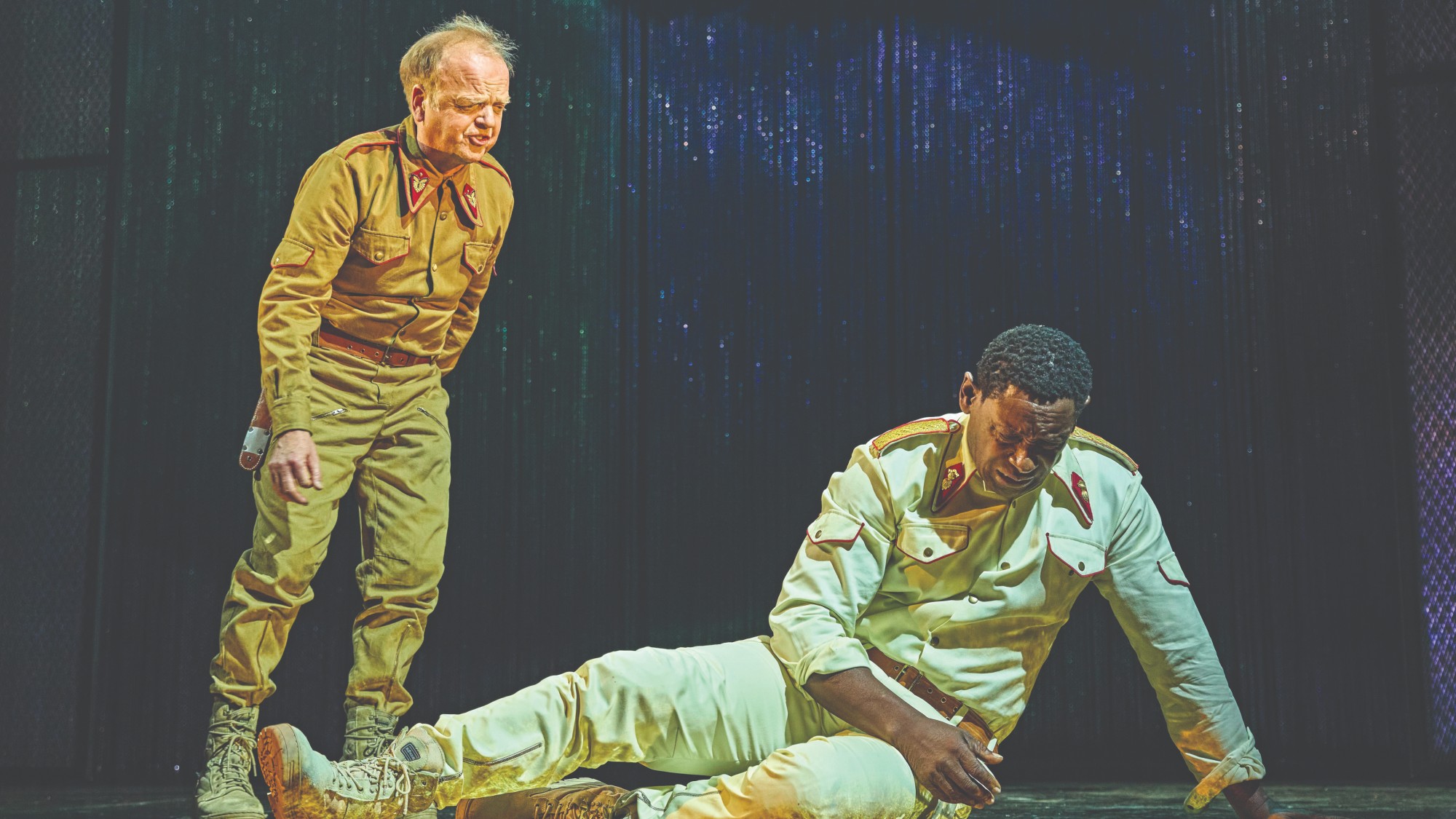 Othello: a ‘deeply nasty tale of murder and manipulation’
Othello: a ‘deeply nasty tale of murder and manipulation’The Week Recommends Toby Jones and David Harewood star in Tom Morris’s take on Shakespeare’s tragedy
-
 Macbeth: a ‘genuinely scary’ production
Macbeth: a ‘genuinely scary’ productionThe Week Recommends Daniel Raggett’s nightmarish modern-day staging is set in a boozer in gangland Glasgow
-
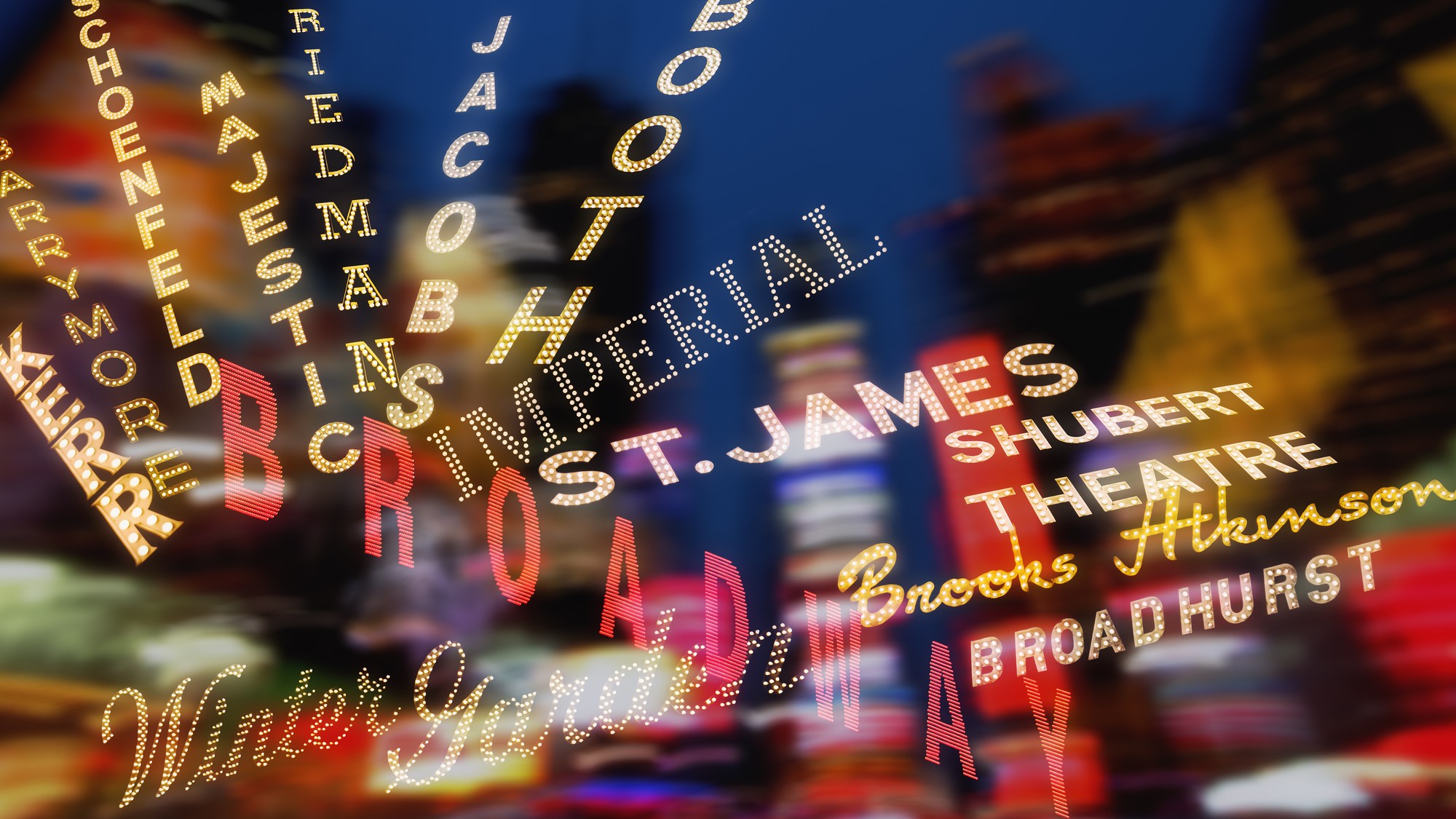 Broadway actors and musicians are on the brink of a strike
Broadway actors and musicians are on the brink of a strikeThe explainer The show, it turns out, may not go on
-
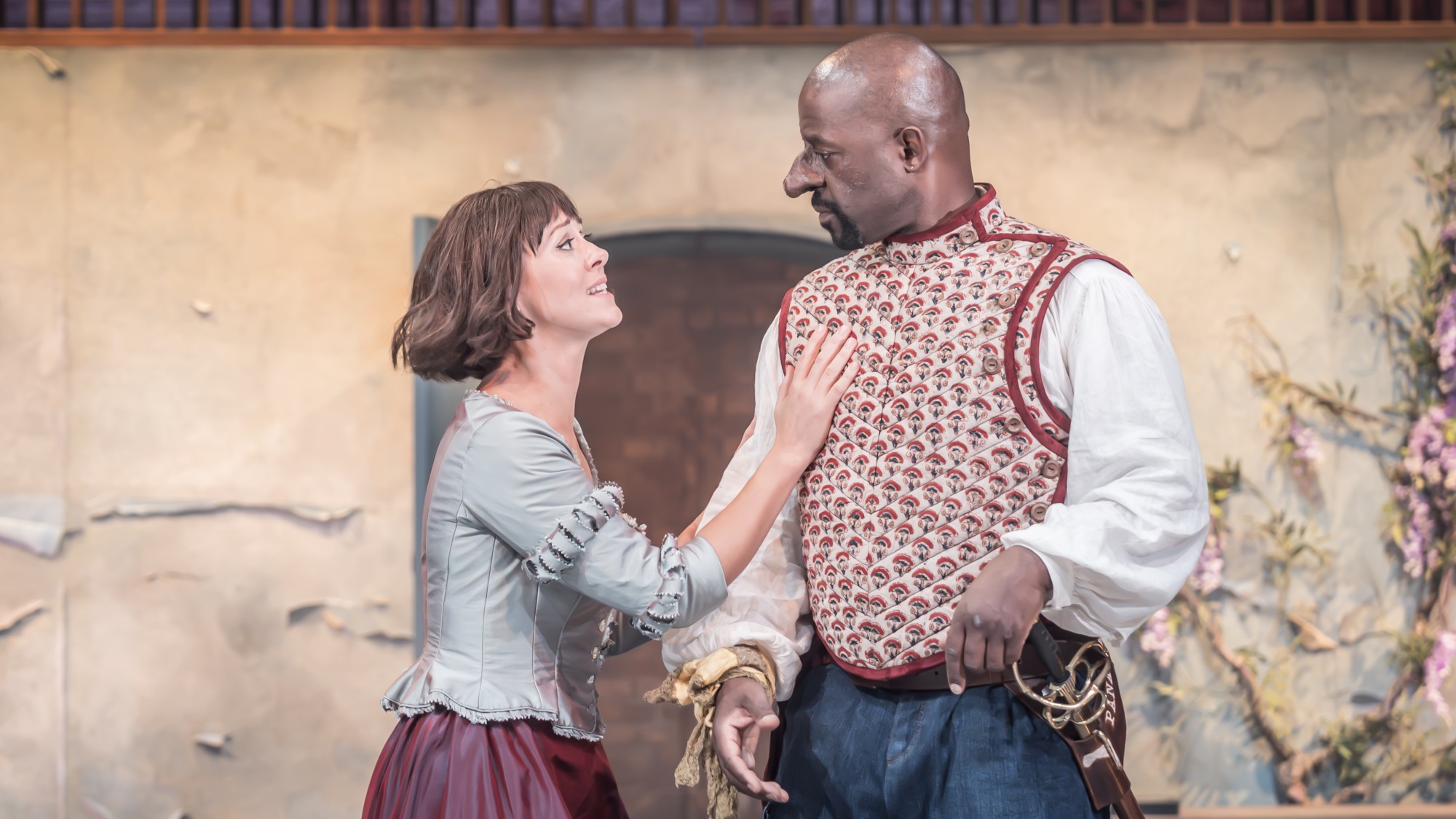 Cyrano de Bergerac: a ‘huge-hearted’ production
Cyrano de Bergerac: a ‘huge-hearted’ productionThe Week Recommends This ‘playful’ and ‘poignant’ rendition brings new life to the ‘gilet-sporting, verse-spouting’ titular soldier